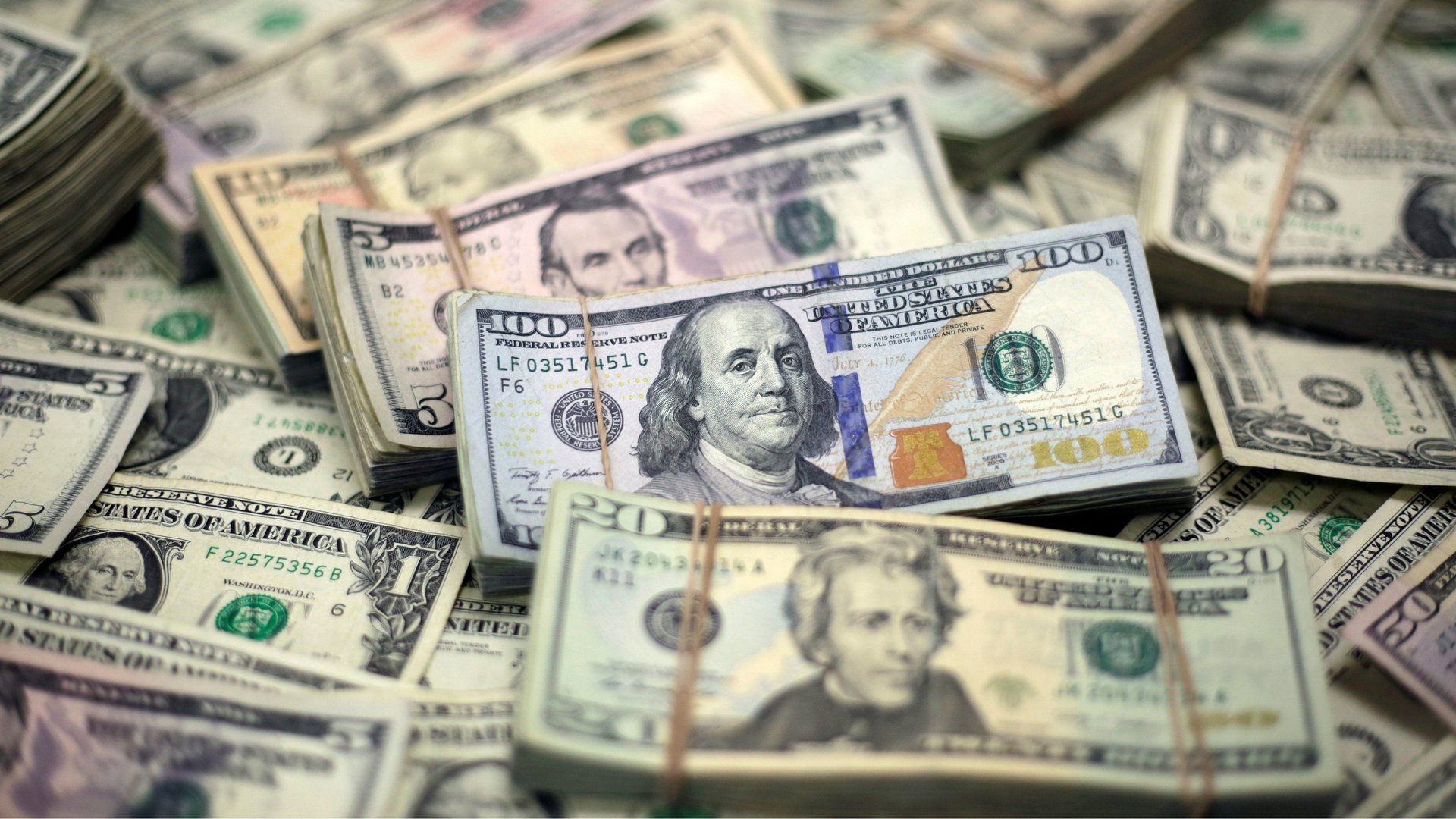Biden plans to raise taxes, but would stay out of most individual Americans’ pockets
For most US voters, the economy was the main issue in this presidential election, and the candidates’ promises around taxation were pored over intensely. Donald Trump vaguely promised more tax cuts if he were to receive a second term, while repeatedly claiming that the new president-elect Joe Biden would reach into American pockets with tax increases. As always, the truth is not quite that cut-and-dry.


For most US voters, the economy was the main issue in this presidential election, and the candidates’ promises around taxation were pored over intensely. Donald Trump vaguely promised more tax cuts if he were to receive a second term, while repeatedly claiming that the new president-elect Joe Biden would reach into American pockets with tax increases. As always, the truth is not quite that cut-and-dry.
Biden has said his administration would not raise taxes for anyone earning less than $400,000 a year, a threshold representing the top 1.8% of taxpayers, who earn about 25% of the US’s income. (This would also be a marginal tax increase, meaning it only applies to income above $400,000.) The country’s median household income was just under $69,000 in 2019.
Biden also plans to tell “big corporations to pay their fair share.” Among other initiatives, he wants to raise the corporate tax rate to 28% (Trump lowered it from 35% to 21% in 2017); put a minimum levy on US companies’ foreign earnings; and tax anyone earning more than $1 million a year at the same rate on their investment income as their salary (roughly 40%).
If a company has a higher tax burden, its workers are also affected. But whether the effect is positive or negative depends on your economic stance. Some economists argue that increasing corporate taxes results in lower wages and reduced investment, stifling innovation and ultimately hurting economic growth. Others say that the biggest companies simply don’t pay a fair amount, and that their decisions on recruitment and investment are unaffected by a larger tax bill. Biden is signaling that he’s in the latter camp.
It’s worth noting that “campaign bullet points aren’t legislation,” as Charles Schwab chief investment strategist Liz Ann Sonders told Quartz’s John Detrixhe earlier this week. “They don’t become law after inauguration.”
Tax and spending policies also change according to circumstances. In the middle of a pandemic that has struck the US particularly hard, with both parties accepting that some form of major financial assistance is needed across the economy, Biden will have to make difficult decisions about taxes during his presidency.
Read more of Quartz’s election coverage
- American democracy bent but it didn’t break
- What Biden’s win changes for America, China, and the environment
- The dystopian, Trumpian future narrowly avoided by America and the planet
- How Biden’s climate plan will work without a Democratic Senate
- What we know about Biden’s Day One agenda
- And more